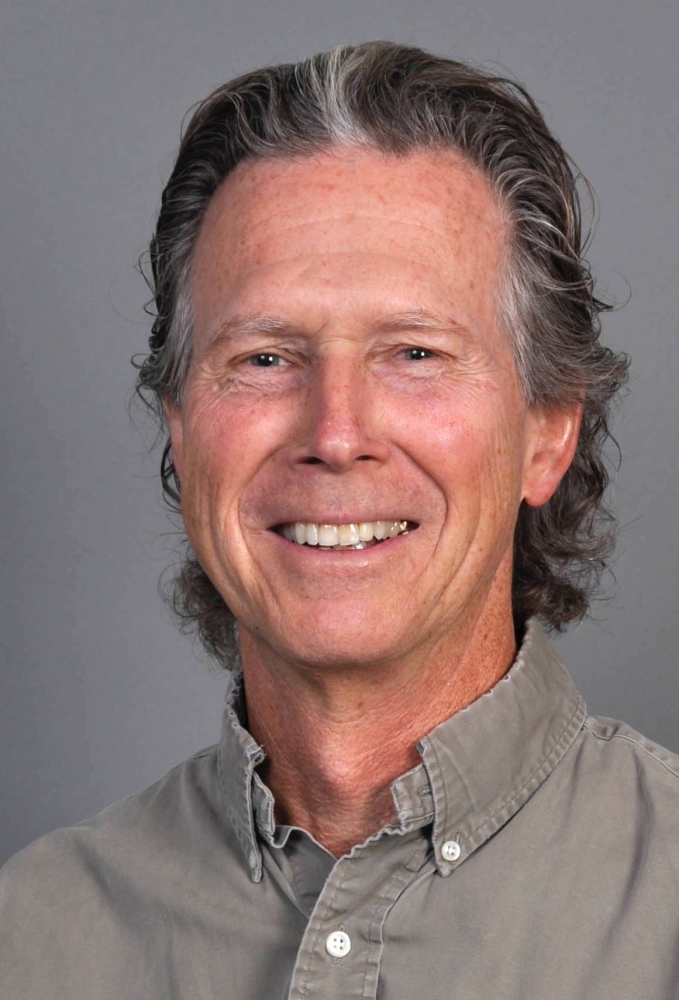
Screening for Success

For adolescents, the transition into high school comes with a raft of social and behavioral challenges. The ability to assess, monitor and support these students could go a long way to helping them become successful in the classroom and life. That’s the idea behind the Social Emotional Health Survey (SEHS) developed by researchers at UC Santa Barbara.
Thanks to a $1.3 million grant by the Institute of Education Science, UCSB researchers led by Michael Furlong, a professor in the Gevirtz Graduate School of Education, will conduct a four-year study involving 140,000 California high school students to refine and validate the SEHS for use in schools.
“Social-emotional health is increasingly recognized as a critical educational outcome,” said Furlong, the principal investigator along Karen Nylund-Gibson and Erin Dowdy. “Students who do well in school are those who are able to develop mindsets that encourage personal and cognitive growth. Having a belief in one’s own competence and trusting social relationships are linked with higher academic performance and with engagement in enriching, meaningful life experiences. The SEHS was designed to assess core social and emotional mindsets that support the short- and long-term well-being of adolescents.”
The SEHS is a 36-question self-reported assessment that measures a student’s social-emotional health. Schools use the screening to identify students who could benefit from preventive and intervention services. The study will allow Furlong’s team to assess and fine-tune the SEHS for widespread use in high schools. Some 135,000 students from 90 high schools will be screened, and 5,000 students will be tracked over three years, Furlong said, “to develop a better understanding of how students’ well-being ebbs and flows across the dynamic secondary school years. We will have a very unique set of data to carry out sophisticated data analyses to support the validity of the measure and that will help disseminate it to schools throughout California and the U.S.”
The SEHS has been used for years by schools partnering with UCSB’s International Center for School-Based Youth Development (iCSBYD). The screenings are done by secondary schools early in the school year, and local teams use the information to develop comprehensive student support programs. “This partnership is not built on a one-off administration model, because iCSBYD researchers have worked with schools over three to five years to support the evolution of each school’s comprehensive, positive mental health promotion efforts,” said Furlong, who is affiliated with the center.
Adolescents aren’t the only students who can benefit from the SEHS. Furlong’s team has developed versions of the screening for elementary and college students. “Social-emotional mindsets emerge as part of the natural developmental process,” Furlong explained. “Nascent ideas of gratitude and optimism, for example, form in minds of elementary school children and further take shape during adolescence and into the transition age of college.”
The college version — SEHS-HE, for Higher Education — was developed in partnership with Mark Shishim (currently associate director of academic affairs in the UCSB academic initiatives office) and the UCSB Wellness Center. It was adapted for college-age students over a two-year period working with UCSB undergraduates. The iCSBYD recently received a grant from the UC Institute for Mexico and the United States to do a study involving UCSB and two Mexican universities, Universidad De La Salle Bajío and Universidad de Guanajuato. In addition, the SEHS-HE will be incorporated into assessments for incoming freshmen and transfer students at Southern Oregon University.
“One reinforcing aspect of the research carried out with the SEHS is the manner in which it has quickly caught the interest of international researchers with already published and ongoing studies being carried out in Australia, China, Korea, Japan, Mexico, South Africa, Turkey, Crete, Greece, Slovakia and Lithuania,” Furlong said. “This interest in having access to a validated measure that focuses on the positive mental health of children, adolescents and young adults is a compelling statement about growing recognition among educators and researchers of the potential value of asking youth about what is going right in their lives, not primarily focusing on their developmental deficits.”



